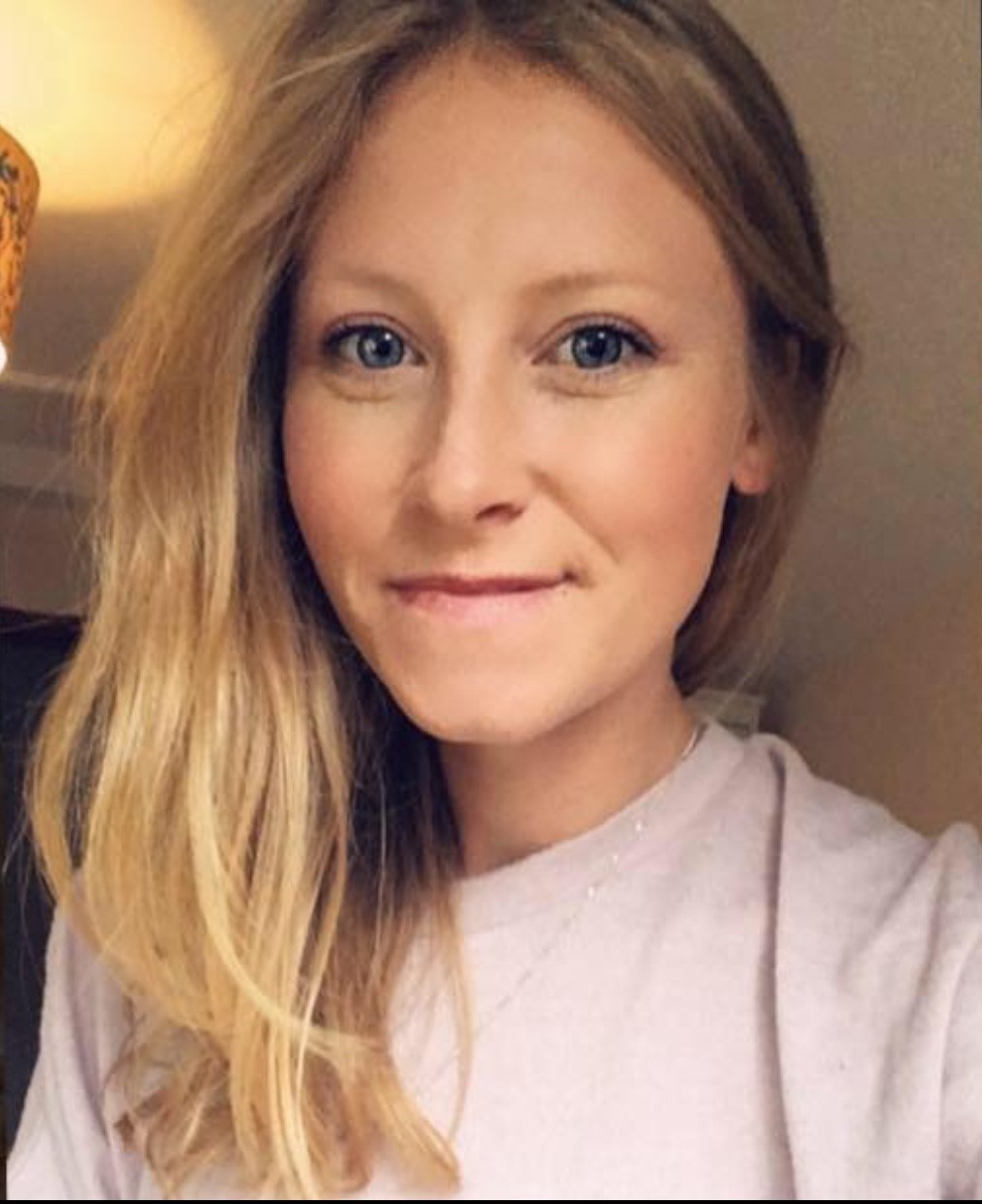Please follow the links below for specific information on these areas of good practice.
Safeguarding and inclusion of deaf and disabled children and young people in sport
Many deaf and disabled children and young people already enjoy the benefits of sports and activities – whether playing for fun or competing at national or international level. However we know that many thousands of other keen, willing and able young disabled people are prevented from doing so because of negative misconceptions about them, or because they are not given access to opportunities, facilities, or support from appropriately trained coaches and staff.
Sports should take positive steps to include deaf and disabled children and young people, and in doing so also recognise and address their additional needs and vulnerabilities.
CPSU resources for safeguarding deaf and disabled children
Codes of Ethics and Conduct
- Codes of Conduct – Kent Sport (pdf)
- Code of Conduct – Coaches and Volunteers (pdf)
- Code of Conduct – Children and Young People (pdf)
- Code of Conduct – Parents and Carers (pdf)
- Code of Conduct – Spectators (pdf)
- Good Practice when Working with Young People (pdf)
Events and Activities
- Event Welfare Plan (pdf)
- Event Partnership Agreement (pdf)
- Mixed Age Activity
- Physical Contact
- Managing Challenging Behaviour
- Elite Young Athletes
Information and Data
Organisation and Management
The NSPCC Child Protection in Sport Unit has written a number of briefing papers on other topics, such as:
- Abuse of position of trust
- Safe use of changing facilities
- Away trips and hosting events
To view these papers, please visit the Child Protection in Sport Unit (CPSU) website

Karley Hubbard
Insight, Monitoring and Evaluation Officer
- Tel: 03000 417729
- Email: Karley.Hubbard@kent.gov.uk
"In my spare time my horses keep me busy. Most weekends you'll find me out competing in eventing up and down the country."
